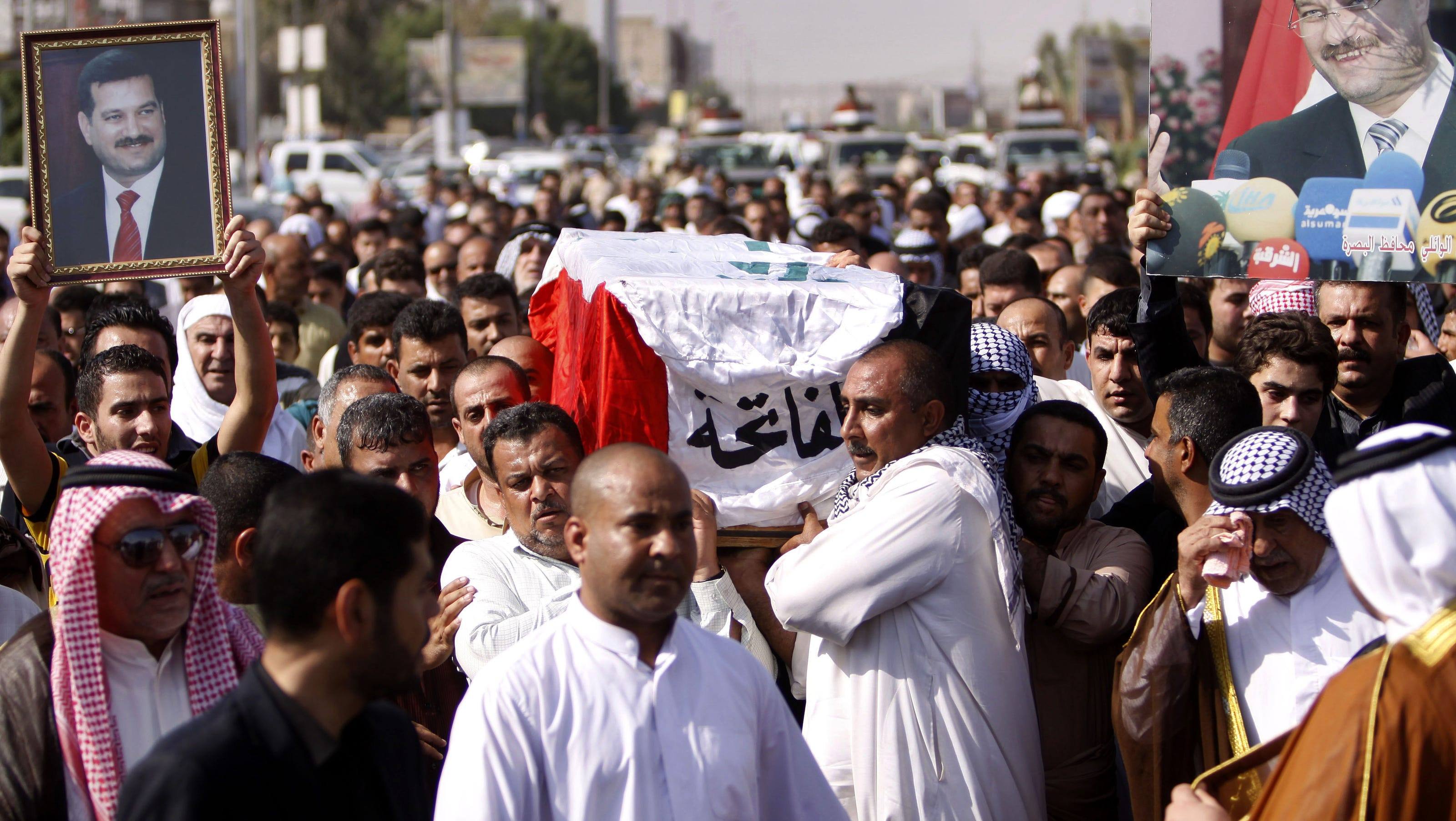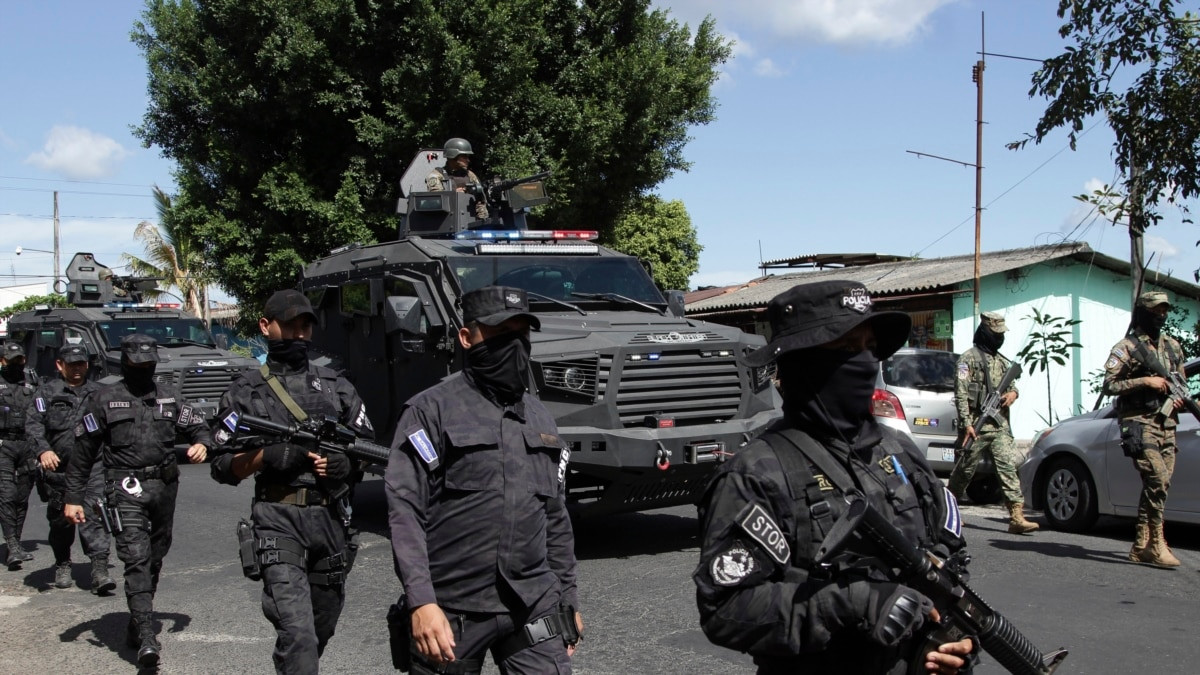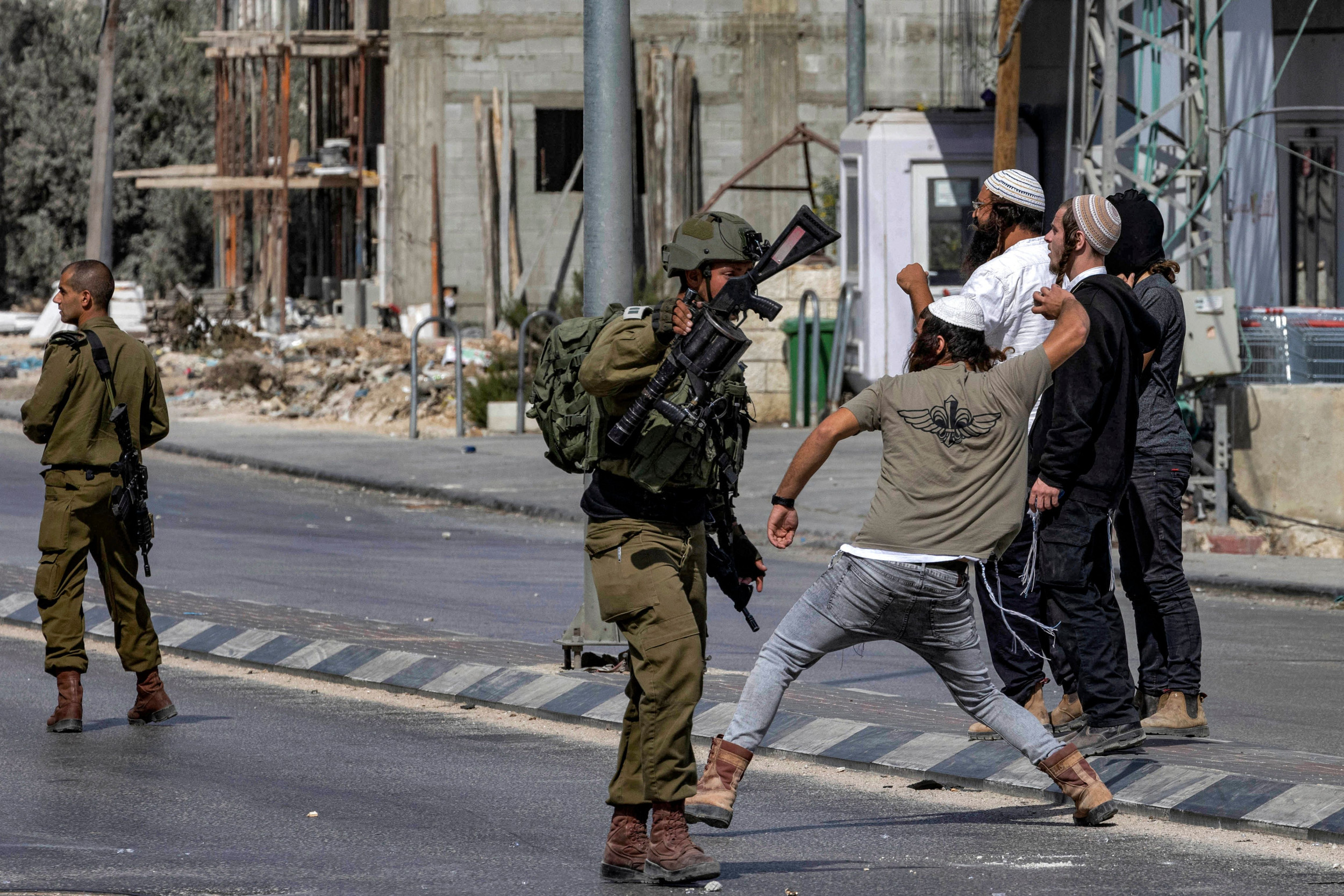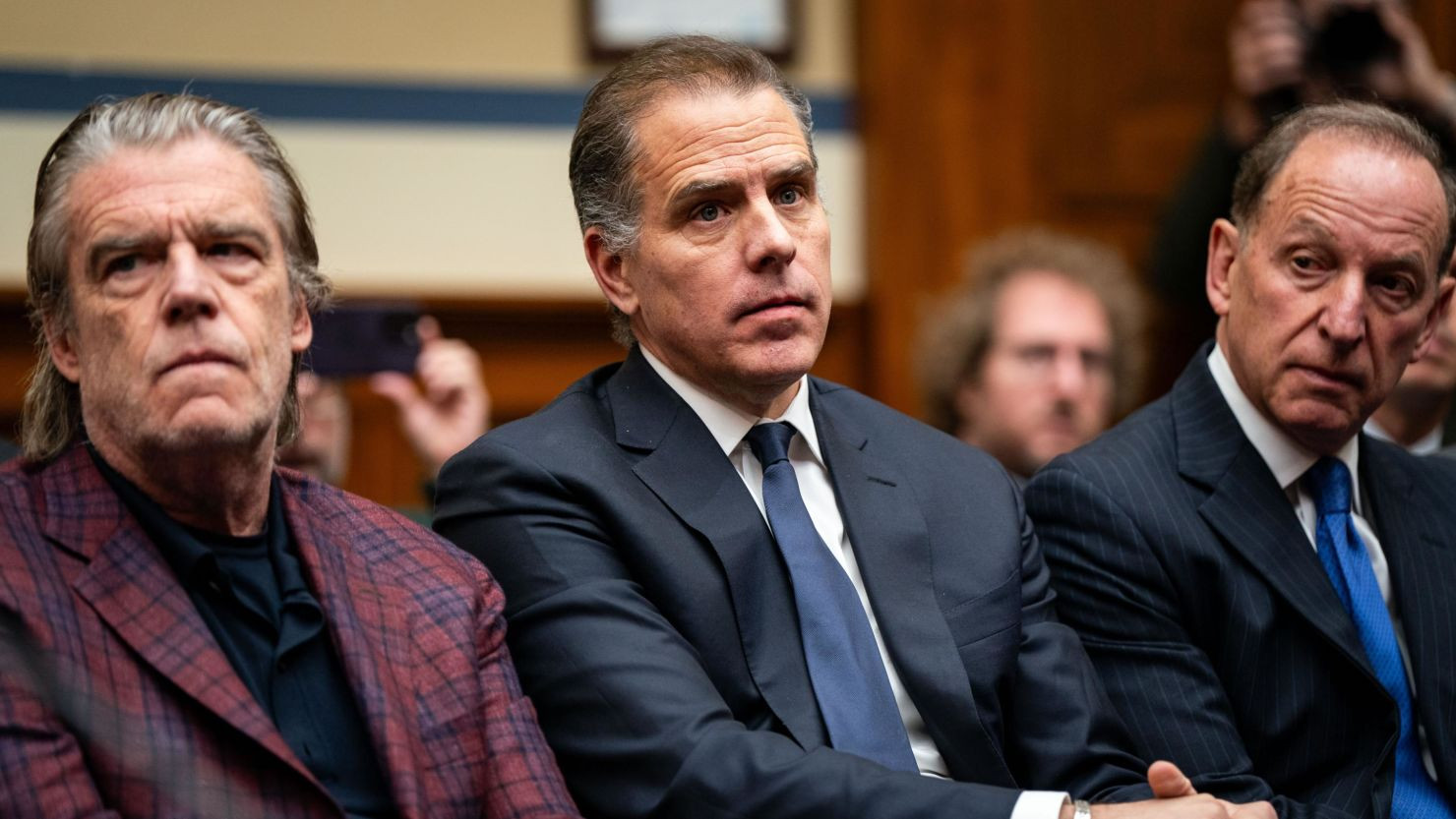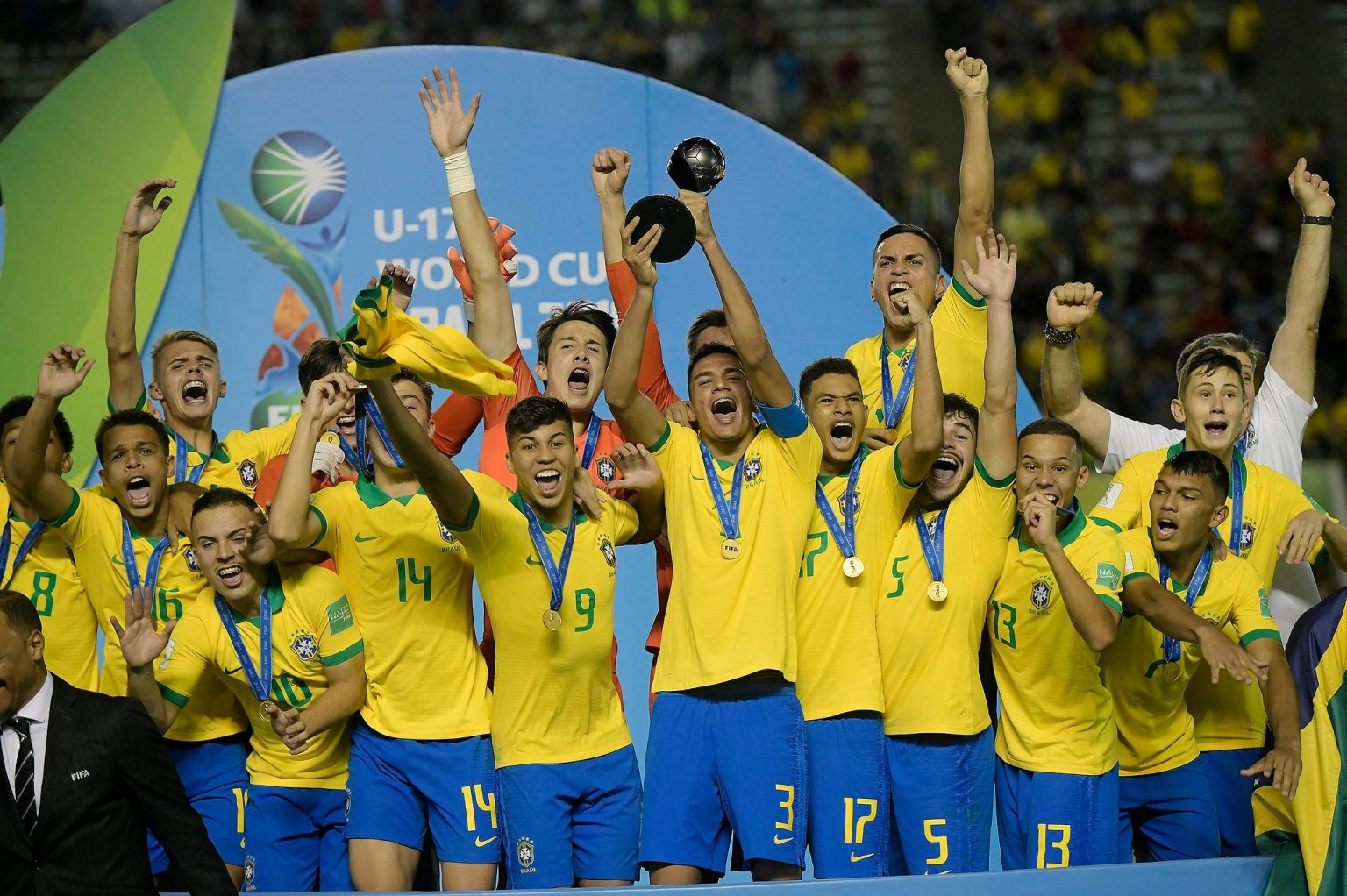Four knife-wielding prisoners claiming to be Islamic State group militants launched a deadly attack in a penal colony in southern Russia on Friday before being killed and their hostages released, officials said. The attack left four people dead, while the four hostage-taking prisoners were “neutralized” by snipers, Russian officials said. The assailants stabbed the employees, including some who tried to resist. At least three were killed, and there were conflicting reports from officials over the fate of a fourth prison guard.
The crisis began during what was supposed to be a routine disciplinary commission meeting, a report said. As the meeting was in progress, a group of inmates, later identified as Ramzidin Toshev (28) Rustamchon Navruzi (23), Nazirchon Toshov (28) and Temur Khusinov (29), launched their attack. All four men, hailing from Uzbekistan and Tajikistan, slashed guards with knives, injuring several and taking eight prison employees and four fellow convicts hostage.
The incident unfolded in IK-19, a prison based in the town of Surovikino in the southern Volgograd region. It is designated a “harsh regime” penal colony with capacity to hold up to 1,241 male prisoners.
During the siege, an image circulated on social media, showing an inmate holding a knife over a bloodied prison guard. Another video showed the attackers in the prison yard where one of their hostages was in a sitting position with his face covered in blood. In videos released by the attackers, they declared their allegiance to ISIS and claimed the attack was an act of revenge for the persecution of Muslims.
Russian special forces stormed IK-19 Surovikino penal colony in Russia's southern Volgograd region and shot dead all four attackers after an hours-long standoff. “Four criminals took eight colony employees and four convicts hostage” during a disciplinary commission meeting, Russia's Federal Penitentiary Service (FSIN) said. The attackers initially seized eight penal colony employees and four fellow inmates, according to Russia's Federal Penitentiary Service. “The criminals inflicted stab wounds of varying severity on four employees, three of whom died. Another four who resisted were hospitalized, one of whom died in hospital,” it said in a statement.
After several hours, “snipers from the Russian National Guard's special forces in the Volgograd region neutralized four inmates with precise shots after they took prison staff hostage. All hostages have been safely freed,” law enforcement officials were quoted as saying by the TASS news agency.
The revolt is the latest in a series of terrorist attacks in Russia claimed by Islamic militants.
A Growing Threat
The attack highlights the growing threat posed by Islamist militants in Russia, particularly in the volatile Caucasus region, where there is a long history of separatism and armed conflict. In recent years, Russia has been battling a low-level insurgency in the North Caucasus, with militants carrying out attacks on civilians and security forces.
The incident is also a reminder of the security challenges facing Russia's prison system, which has been criticized for its overcrowded conditions and lack of adequate security measures. In June, a similar incident took place at a detention center in the Rostov region, where six prisoners linked to ISIS took two guards hostage. Five of the prisoners were killed and one was later sentenced to 20 years in prison on terrorism charges.
Putin’s Response
President Vladimir Putin said earlier on Friday that he had been informed by the head of the prison service about the hostage situation in Volgograd, the second to have taken place in a southern Russian prison this summer.
Russia, whose defense and security agencies are heavily focused on its war in Ukraine, has seen a recent upsurge in Islamist militant attacks. In June, a bloody ISIS-linked prison uprising took place in the southern region of Rostov, where special forces shot dead six inmates who had taken hostages. Later that month, at least 20 people were killed in shooting attacks in two cities in Dagestan, a mainly Muslim region of southern Russia. In March, ISIS claimed responsibility for an attack in which gunmen raided the Crocus City concert hall near Moscow, sprayed the audience with automatic weapons fire and set fire to the building, killing more than 140 people.
A Time of Uncertainty
The Volgograd prison siege comes at a time of heightened tension in Russia, as the country faces a protracted war in Ukraine and a growing economic crisis. The Kremlin has been cracking down on dissent, arresting and jailing critics of the war. The attack is likely to further fuel fears about the spread of Islamic militancy in Russia and the country's ability to contain it.
The Aftermaths
Russian authorities have launched a criminal investigation into the incident, and the prison has been placed on lockdown. The incident is likely to lead to calls for increased security measures in Russian prisons and a renewed crackdown on extremism. The attack also highlights the challenges facing Russia in countering the threat of Islamic militancy, which is increasingly seeking to exploit the country's domestic tensions and vulnerabilities.
A Time for Reflection
The siege of IK-19 serves as a stark reminder of the dangers posed by extremism and the need for effective counterterrorism measures. It also highlights the importance of addressing the root causes of extremism, such as poverty, social exclusion, and discrimination. As Russia grapples with the aftermath of the attack, it is crucial for the country's leaders to take a hard look at their counterterrorism policies and strategies. They must also address the underlying factors that contribute to extremism and work to build a more inclusive and tolerant society.
In the Shadow of Terror
The incident once again underscores the complexities of the fight against terrorism and the need for a multifaceted approach. It's not just about security measures, it’s about addressing the root causes of extremism, building bridges between communities, and fostering a culture of tolerance and understanding. As the world watches, the question remains: will Russia be able to overcome the challenges posed by extremism and emerge from the shadow of terror? Only time will tell.




